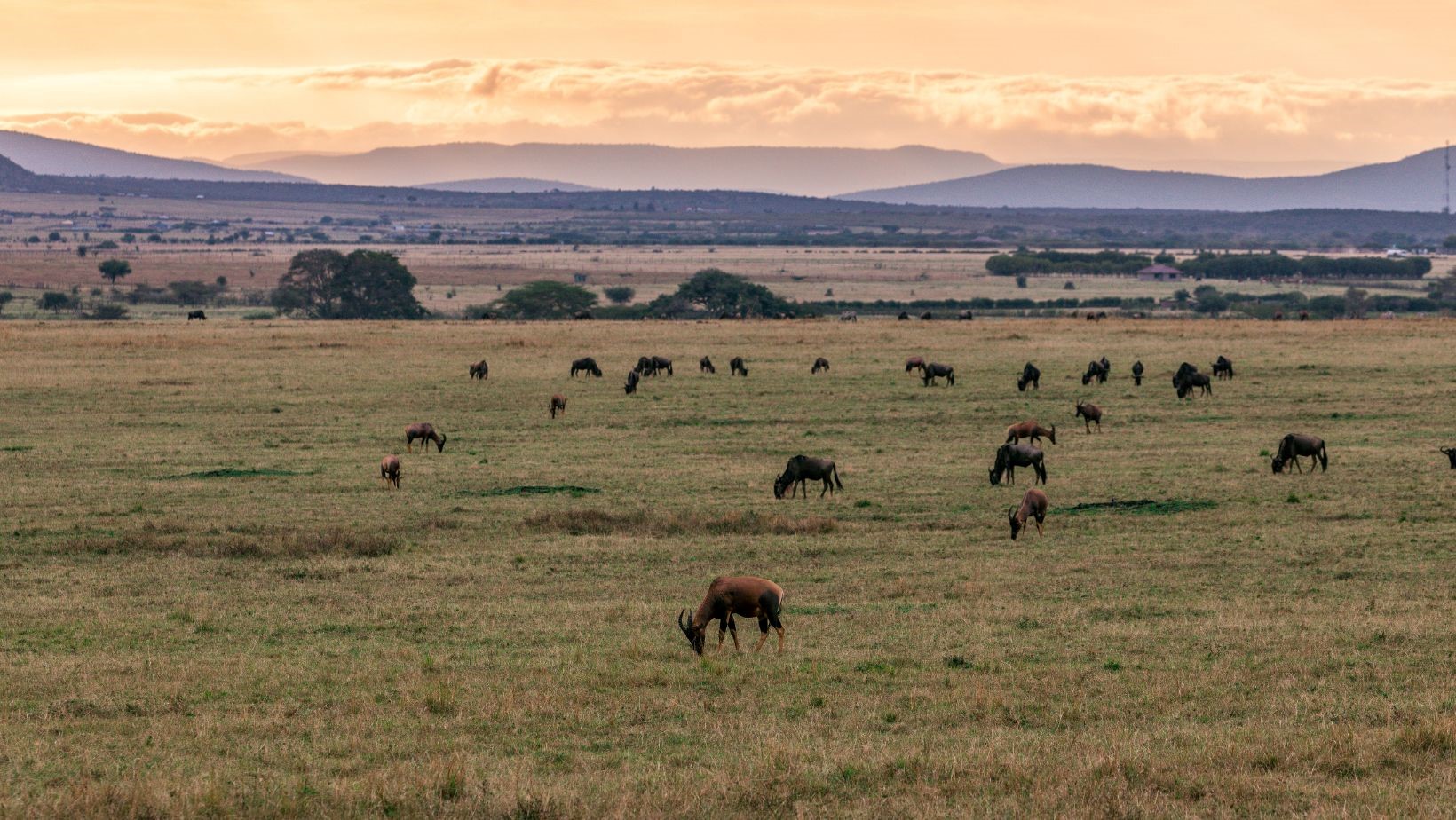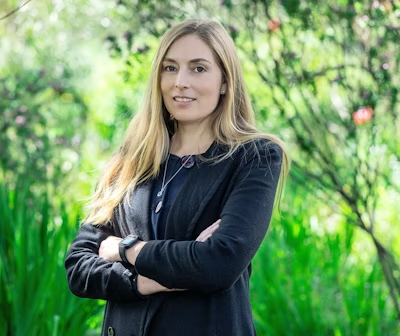IUCN COMMISSION GROUP
IUCN WCPA Protected Area Downgrading, Downsizing, and Degazettement Task Force

Overview and description
- Description:
-
Protected and conserved areas (PCAs) are the cornerstone of efforts to conserve biodiversity, and can also support climate mitigation and adaptation, sustainable development goals and avoiding future ...
Group leadership
Dr Rachel GOLDEN KRONER
Co-Chair
Skilled and passionate interdisciplinary conservation scientist across biomes with experience in NGOs, government, and academia. Track record of effective leadership, high-impact scientific…
Prof Alta DE VOS
Co-Chair
Alta De Vos is an Associate Professor at the Centre for Sustainability Transitions, Stellenbosch University, South Africa. Alta is an interdisciplinary conservation…
At a glance
Official name:
IUCN WCPA Protected Area Downgrading, Downsizing, and Degazettement Task Force
Associated Commissions:


